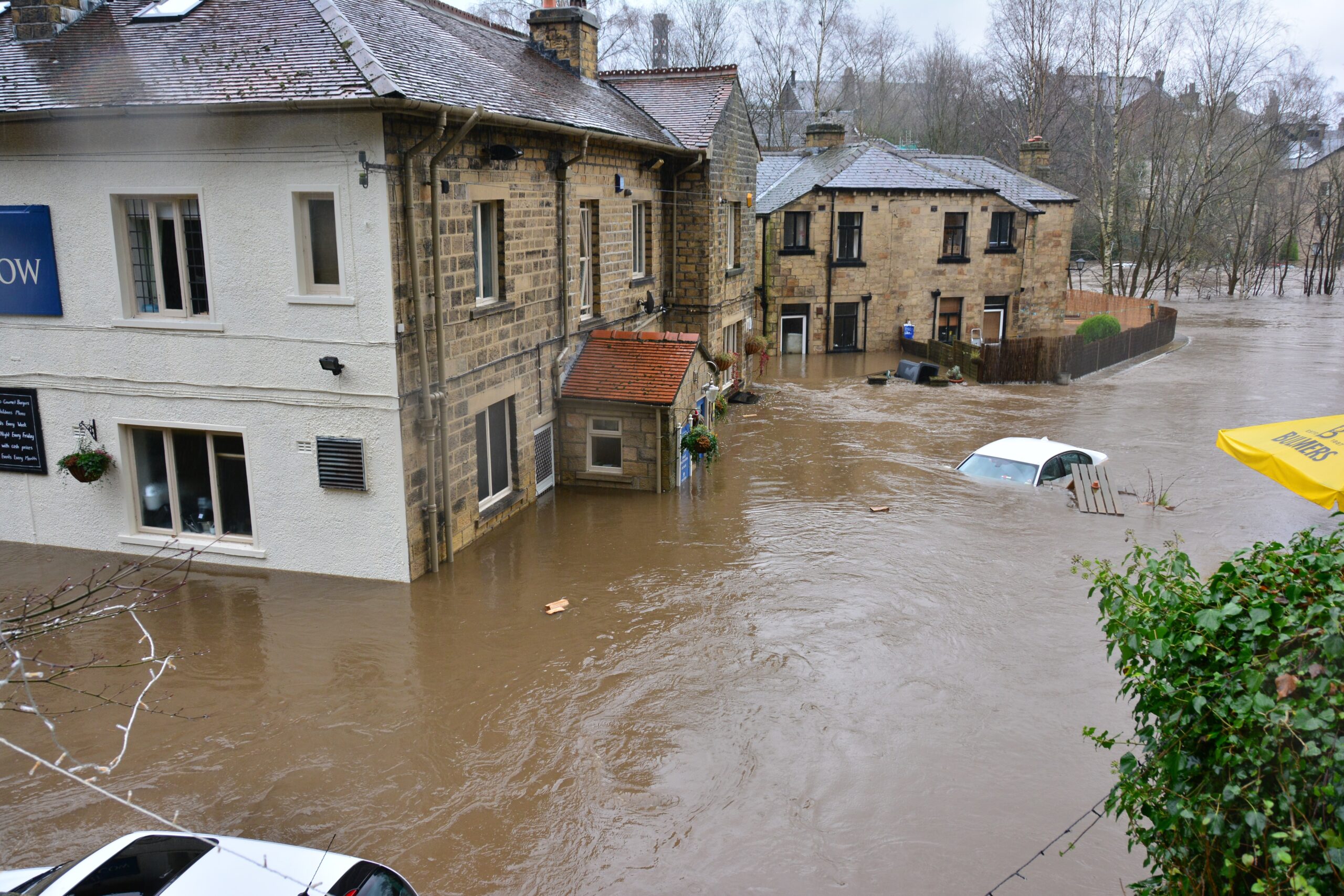No one likes to think about it, but how prepared are you for a home emergency? If something unexpected happens to your home, you might not have the luxury of having time to get things together or contact people.
How To Be Prepared For A Home Emergency

Photo by Chris Gallagher on Unsplash
It’s something most people keep putting off, but the old adage ‘hope for the best but prepare for the worst’ is very relevant here. We like to think of our homes as a sanctuary, and they are, but being prepared is one of the smartest things you can do.
What is a home emergency?
There are many things that could fall under this. It could be a natural disaster, basement floods, an accident, or having to evacuate suddenly. Each of these involves a slightly different preparation or response.
Update your home protection
If you live in an area that is prone to extreme weather conditions, then there are steps you can take to fortify your house. These include having storm shutters fitted or having a supply of sandbags ready in case of floods.
Other helpful items include a small fire extinguisher or fire blanket and a carbon monoxide alarm.
Keep essential items together
If you suddenly had to leave your home due to an evacuation or a fire, you won’t have time to collect important documentation like ID, insurance details, or birth certificates without endangering yourself. Keep these in a special folder, preferably in a metal lockbox or safe that will keep them protected. If you need to, you can grab them quickly as you leave.
Put together emergency supplies
In some circumstances, you may not be able to leave your home and might have to stay there, unable to leave for a period of time. If this were to happen to you today, how long would your food and water last?
Keep a store emergency kit containing food and drink that you can eat even if you don’t have any power. Select items that will keep indefinitely and don’t need to be refrigerated. You should also have blankets, a first aid kit, extra medication, warm clothing, torches, and a way to keep your mobile phone charged. There are a number of wind-up power banks available that you can use even if your power isn’t working.
If you have a baby, put extra food, drinks, and nappies in your emergency supplies there too.
Practice with your family
It’s all very well being prepared, but you should also sit down with your family and go through exactly what they should do in a given situation, how to use emergency items and where the supplies are kept.
If your children are younger, try not to scare them but use language that they might understand. It’s never too early to give them the skills which may prevent them from getting injured.
Key points
For people who have been through a home emergency, being prepared is probably a top priority. But for others, it might seem like something you keep meaning to do but put it off. You’ll never regret being prepared, and hopefully, you’ll never need to use your emergency items. Put a little effort in now and then you can feel a little more confident that you’re prepared for the worst.
Be sure you are subscribed so that you don’t miss a thing!
Let’s connect!